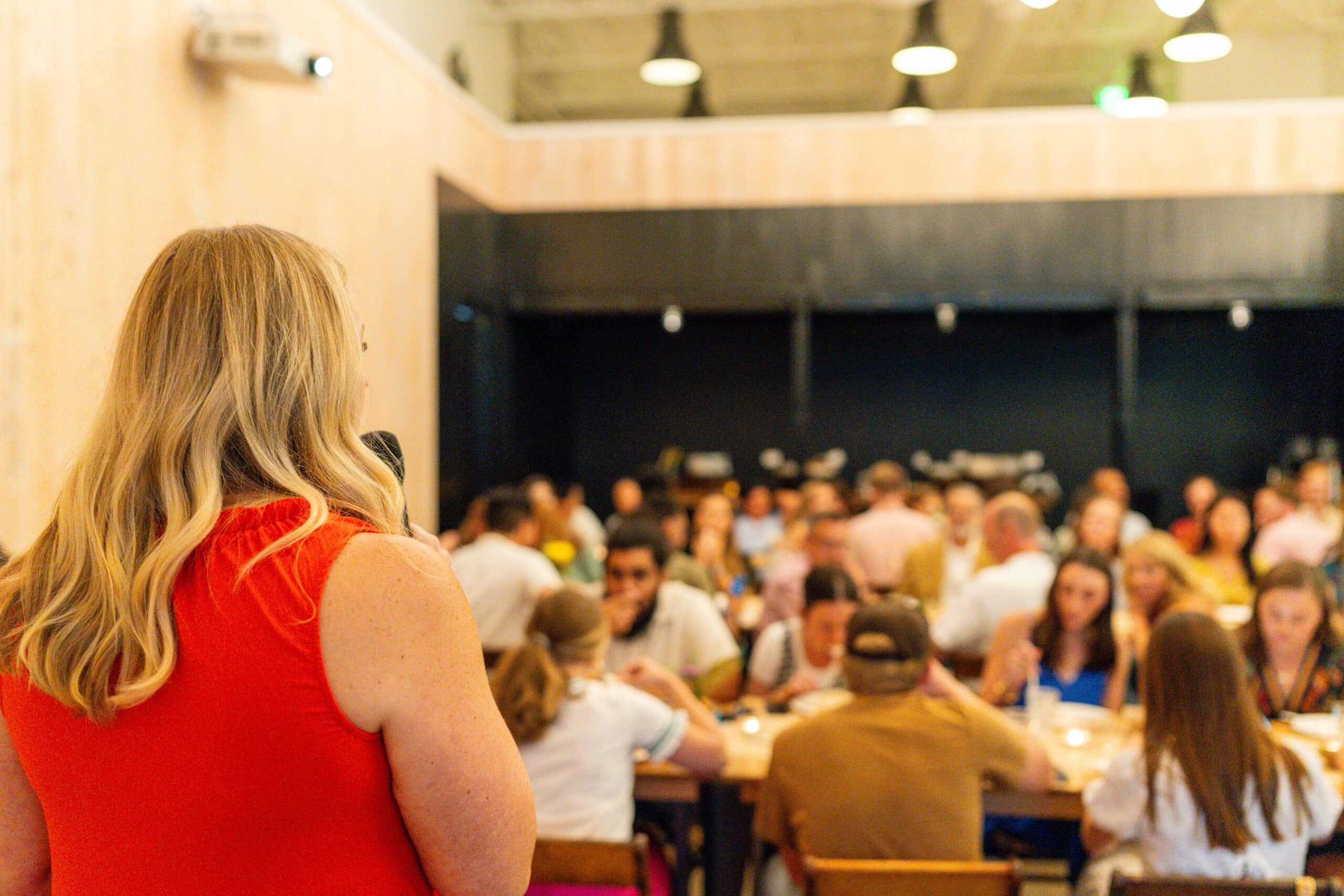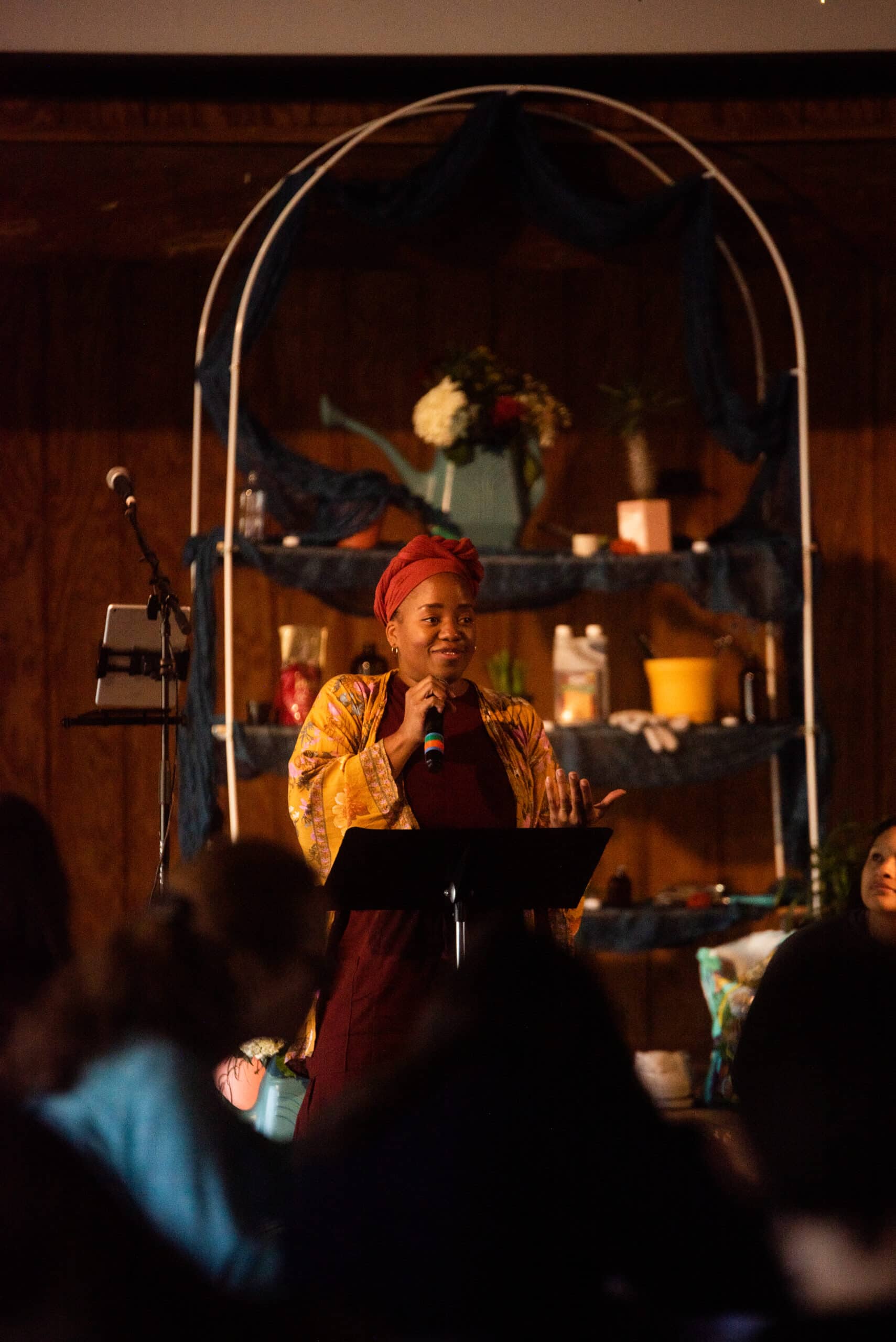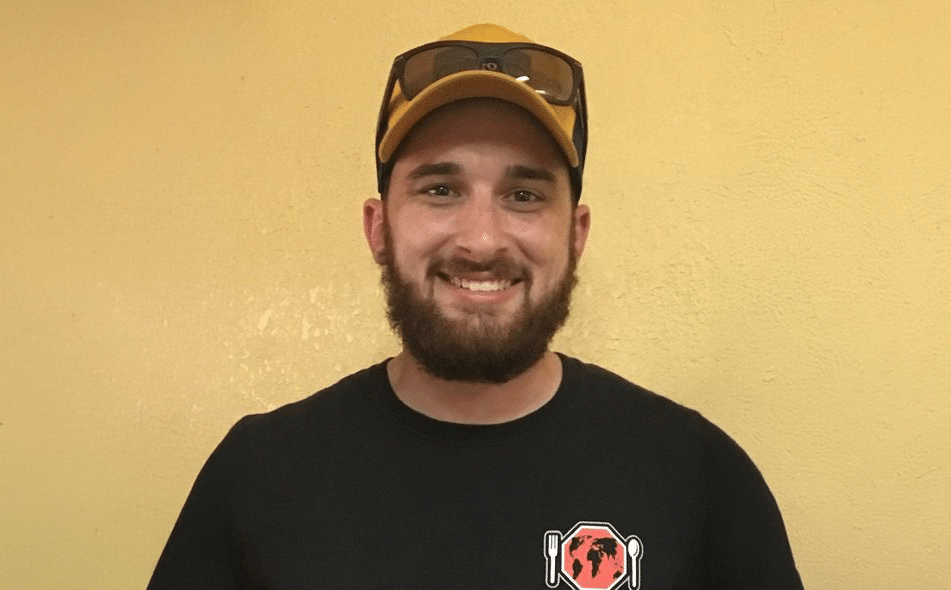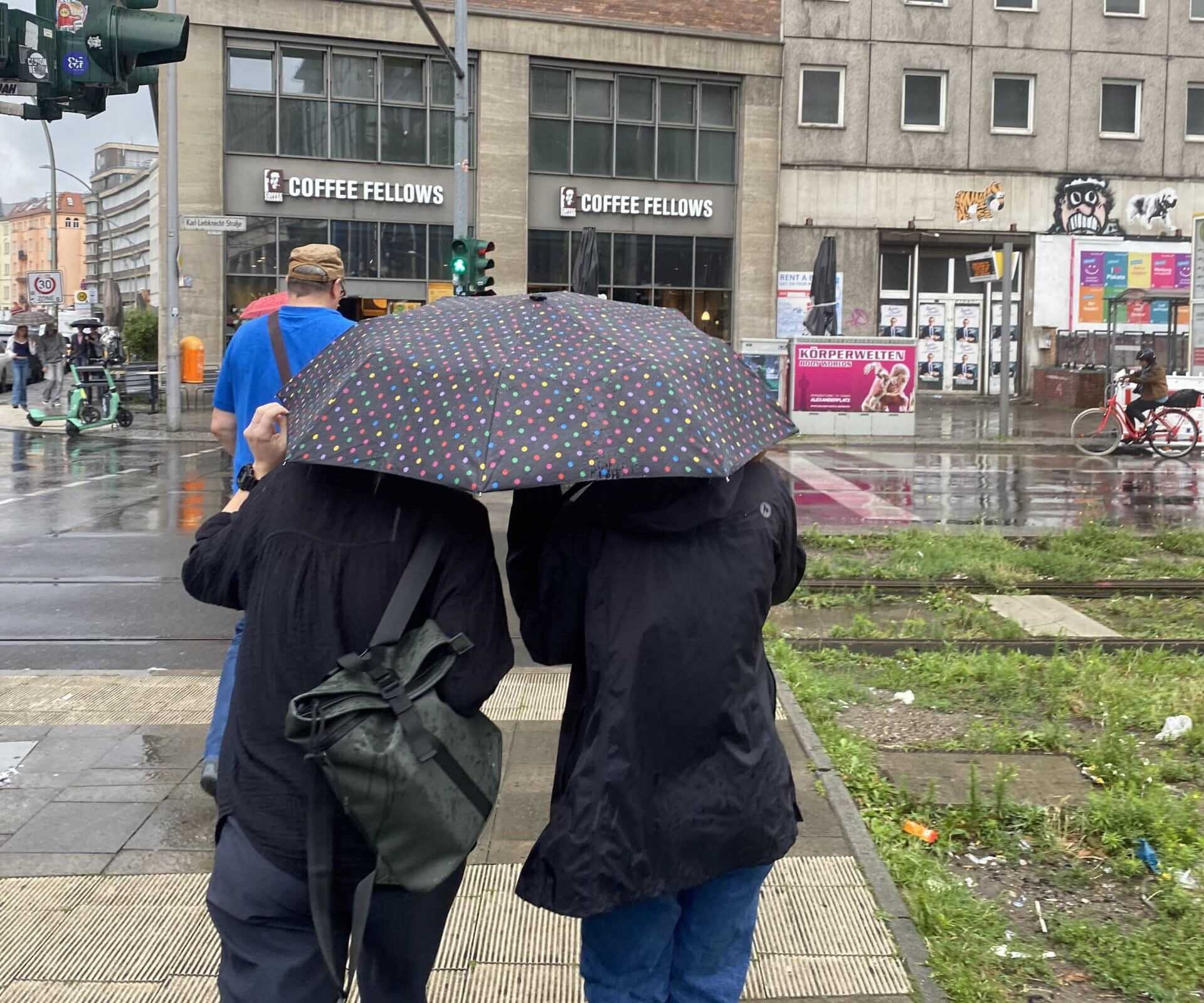Stories at The Well
WELL STORIES
Multiply
Growth means discomfort, sacrifice, and abundant new life.
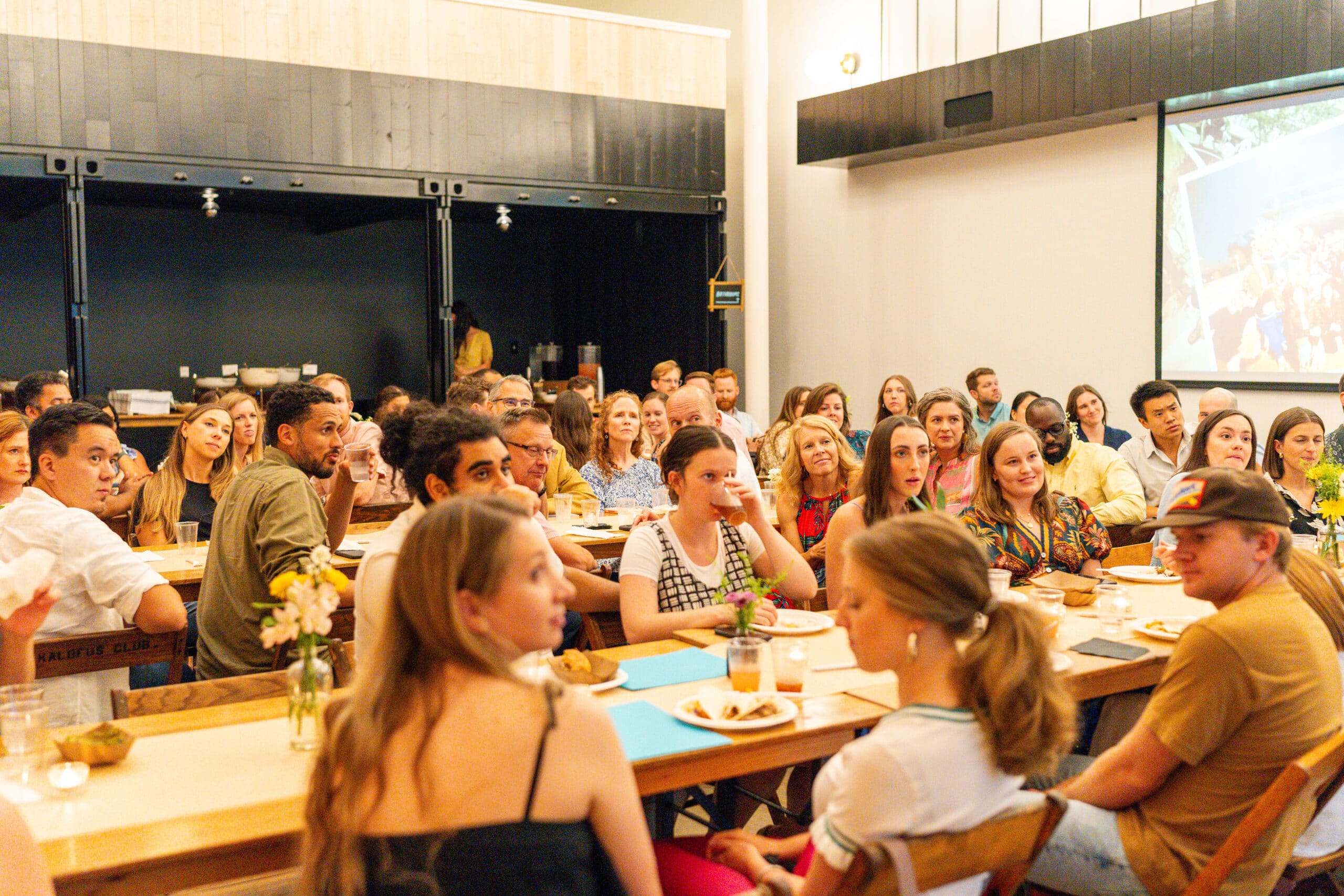
Life happens beyond the sanctuary—on a Wednesday, when tensions rise with a boss, or when family dynamics unravel on a Saturday evening. In those moments, an encouraging sermon may feel distant. Community, however, steps in: A group of people walking through life together, sharing triumphs and trials while pursuing a deeper relationship with Christ. As believers, we’re not just called to worship in the abstract; we’re called to love tangibly.
If God cares deeply about the details of our lives, shouldn’t we, as His people, care just as deeply for each other? You may be surprised to learn that multiplication is a way to care.
Madeline Benevides wasn’t always an advocate for CG multiplication. She resisted it, viewing it as an unnecessary disruption to what felt sacred. She recalled coming from a church culture where small groups were permanent fixtures—tight-knit, unchanging circles of support. Splitting such a group felt unnatural, even painful.
When Madeline joined The Well in 2019, she and her husband found themselves drawn into a mission: shepherding the South Central Community Group (CG). Her perspective of permanency shifted when her own group hit capacity. Emails flooded in weekly, inquiries from individuals eager to join. But there wasn’t space. Telling someone, “Sorry, we’re full,” was gut-wrenching—a clear contradiction of Christ’s invitation to belong.
“It hit me hard,” she admits. “How could I cling to my comfort when it meant denying someone else a seat at the table?” With prayer and reflection, she reframed her fears. Multiplication wasn’t division; it was an invitation—to new people, new stories, and new growth in Christ.
A CG that feels “complete” may inadvertently send the wrong message, signaling to newcomers that they’re outsiders in an already full circle. For someone walking into a room of 40 strangers, the idea of being vulnerable—or even being noticed—can feel impossible. Smaller, intentionally multiplied groups break down those barriers, offering intimacy and belonging. The goal isn’t to hoard comfort but to embrace the discomfort of change for the sake of growth. It’s about opening doors, not shutting them.
We live in a world aching for connection and hope.
In many ways, multiplication mirrors the gospel’s essence: creating space for others to encounter grace. Christ’s own ministry set the example. The disciples didn’t remain in a single pack; they dispersed, carrying His message across nations as we see all over the book of Acts.
We can see examples of this in scripture; One example is the miracle of the fish and the loaves. The disciples knew they didn’t have enough food to feed 5000 people, The disciples saw that they had only 5 loaves of bread and 2 fish, and were at a loss at what to do. But they gave the food to Jesus, not knowing, as verse 6 said, that Jesus already had a plan in place.
He multiplied the food until all were satisfied and the baskets were full to overflowing. In this same way, multiplication in a community group allows for an overflow of the spirit to be spread. The call to multiply isn’t about breaking bonds; it’s about expanding them. It’s an acknowledgment that faith isn’t a static pond but a flowing river, meant to reach new places and new people.
Madeline’s walk—from resistant skeptic to passionate advocate—illustrates that it’s not just about creating space for others; it’s about being shaped by the process. God cares equally for everyone. “Multiplication isn’t the end,” she reflects. “It’s the beginning. A chance to see the gospel spread, lives changed, and a community flourish.”
We live in a world aching for connection and hope. Embrace the call to multiply. Open the doors. Expand the table. Make room for others to experience Christ-centered community, and in doing so, experience it yourself.

